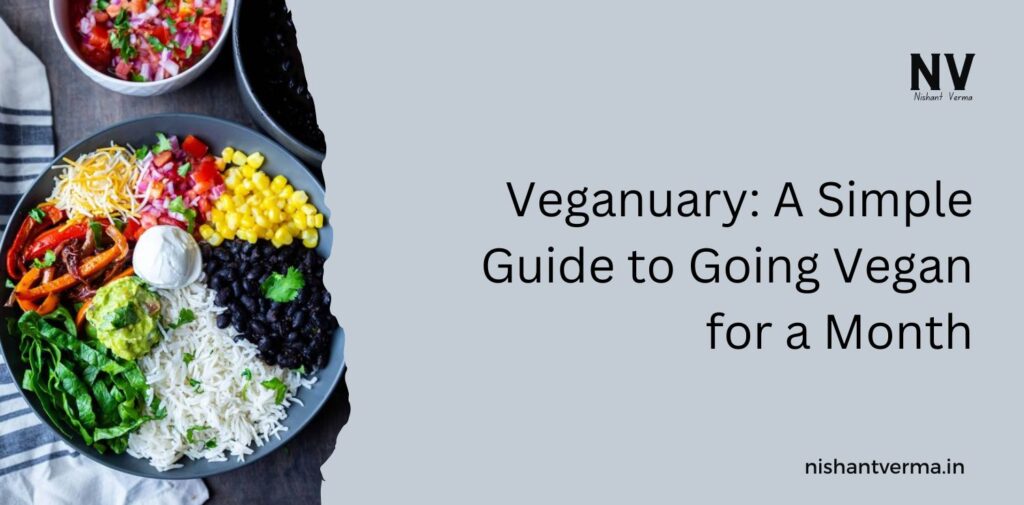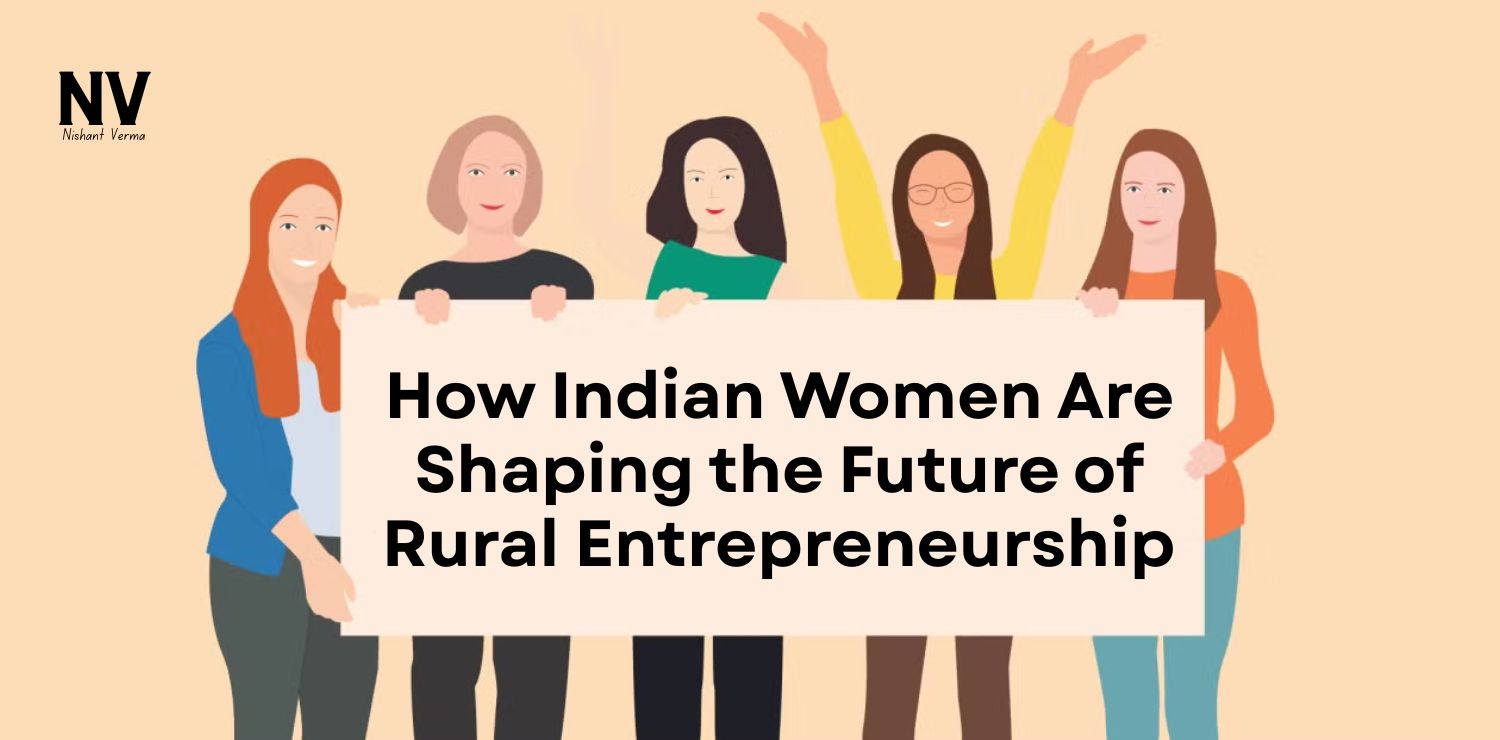Every January, millions of people around the world take part in an event called Veganuary. The idea is simple: to challenge yourself to eat only plant-based foods for the entire month. But why is it so popular, and why should you consider giving it a try?
In this article, we’ll explore what Veganuary is all about, the benefits of going vegan for a month, and some tips on how to make it easier.
What is Veganuary?
Veganuary is a global campaign that encourages people to try a vegan diet for the first month of the year. The word is a combination of “vegan” and “January,” and it was created to help raise awareness about the environmental, health, and ethical reasons for choosing a vegan lifestyle.
The goal of Veganuary isn’t to pressure people to become vegan forever (though some do!). Instead, it’s about providing support and resources to help you give it a try for 31 days. Thousands of people sign up for the challenge each year, and many find that they feel better, learn more about food, and make lasting changes to their diet.
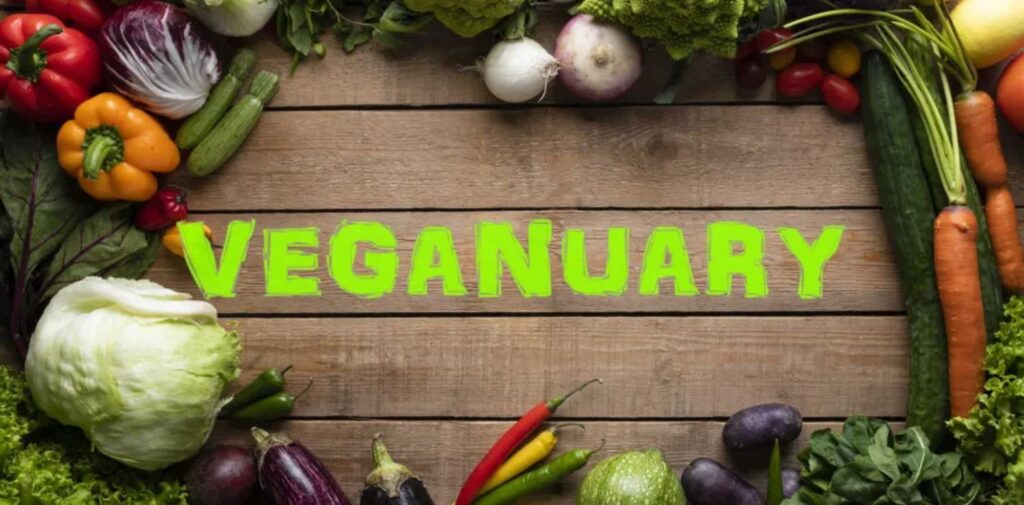
Why Try Veganuary?
There are many reasons why you might want to try a vegan diet, even if it’s just for a month. Let’s look at some of the main benefits:
Health Benefits
A vegan diet can have many positive effects on your health. When done properly, it’s rich in fruits, vegetables, legumes, whole grains, and nuts—all of which are packed with vitamins, minerals, and antioxidants. Here are a few health benefits that many people experience during Veganuary:
- Better heart health: Plant-based diets tend to be lower in saturated fat and cholesterol, which can help reduce the risk of heart disease.
- Weight loss: Vegan diets are often lower in calories and fat, which can help with weight management.
- Improved digestion: Vegan foods are rich in fibre, which can improve gut health and digestion.
- Increased energy: Many people report feeling more energetic and less sluggish after switching to plant-based foods.
Environmental Benefits
One of the strongest arguments for choosing a vegan diet is its positive impact on the planet. The production of animal-based foods has a huge environmental footprint. It requires vast amounts of water, land, and energy, and contributes significantly to greenhouse gas emissions, deforestation, and pollution.
By going vegan for a month, you can reduce your carbon footprint and help protect the environment. According to studies, if everyone in the world went vegan, we could reduce global CO2 emissions by 70%, which is a big step in fighting climate change.
Ethical Reasons
Many people choose veganism for ethical reasons, particularly when it comes to animal welfare. The factory farming industry is responsible for the mistreatment and suffering of billions of animals each year. By choosing plant-based alternatives, you are helping to reduce the demand for animal products and supporting a more humane approach to food production.
During Veganuary, people learn more about where their food comes from and the conditions in which animals are raised for food. It can be eye-opening and may inspire long-term changes in your eating habits.
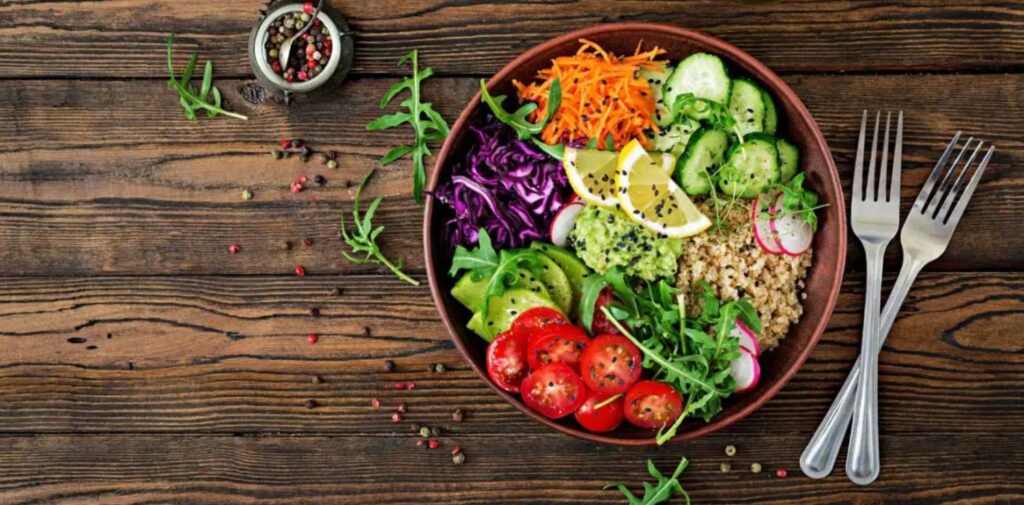
How to Make Veganuary Easier
While the idea of switching to a vegan diet might sound difficult at first, there are plenty of tips and resources to help make the transition easier. Here’s how you can get started:
Plan Your Meals
Planning your meals is key to making Veganuary work for you. Start by creating a simple meal plan for the week. Look for easy vegan recipes online or in cookbooks. You don’t have to cook complicated dishes—just find some tasty, simple meals that you enjoy. A few ideas include:
- Breakfast: Oatmeal with fruits, smoothies, or avocado toast.
- Lunch: Salads with chickpeas, quinoa bowls, or hummus wraps.
- Dinner: Stir-fries with tofu, vegetable pasta, or lentil curry.
If you have a busy schedule, try meal prepping. This means preparing your meals in advance (e.g., chopping vegetables, cooking grains) so that you have ready-to-eat options throughout the week.
Read Labels Carefully
Many packaged foods contain hidden animal products, such as gelatin, casein, or whey. So, it’s important to check ingredient labels when you shop. Luckily, there are plenty of vegan-friendly products available. Look for snacks, plant-based milks, and vegan cheeses, which have become widely available in most grocery stores.
Find Vegan Substitutes
You don’t have to give up your favourite foods to go vegan! Many products are now made with plant-based alternatives. For example:
- Dairy substitutes: Try almond milk, oat milk, or soy milk instead of cow’s milk. Vegan cheese and yoghurt are also available.
- Meat substitutes: There are plenty of plant-based meat options like Beyond Meat, Impossible Foods, or tofu that can be used in place of chicken, beef, or pork.
- Egg substitutes: You can use flaxseeds, chia seeds, or aquafaba (the liquid from canned chickpeas) to replace eggs in recipes.
Experiment with these alternatives and see which ones you like best. You might be surprised at how easy it is to enjoy familiar foods without animal products.
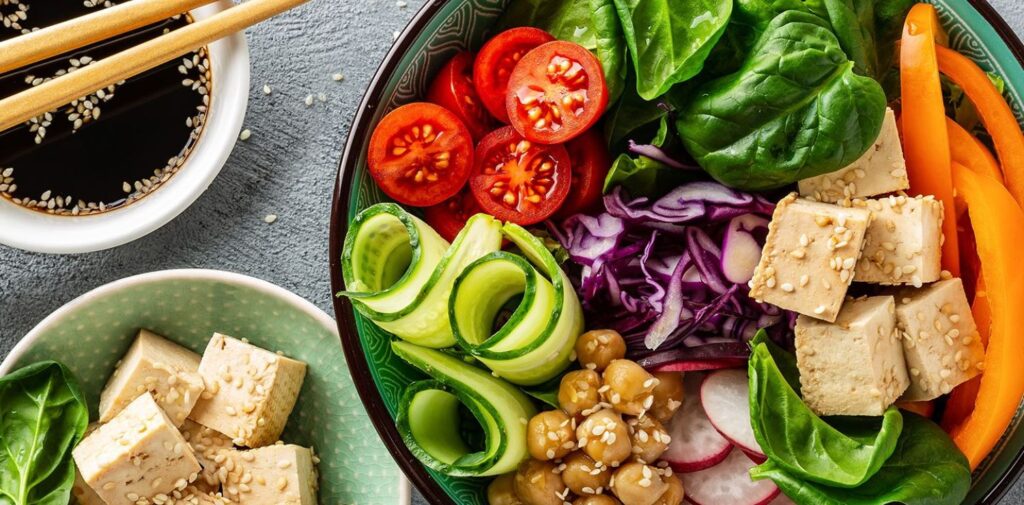
Join the Veganuary Community
One of the great things about Veganuary is the support you get from others. You don’t have to do it alone! There are online communities, social media groups, and forums where people share recipes, tips, and advice. If you’re struggling, don’t hesitate to reach out and ask for help. Many people find that being part of a community keeps them motivated and inspired.
Be Kind to Yourself
If you make a mistake or accidentally eat something that isn’t vegan, don’t worry! Veganism is a challenge, and it’s okay to slip up. The goal is to learn more about plant-based eating and make healthier, more sustainable choices. Just pick yourself up and keep going!
Conclusion
Veganuary is a great opportunity to explore veganism, improve your health, and make a positive impact on the environment. Whether you’re interested in the ethical side of veganism or just want to try something new, giving it a go for 31 days is an experience that can teach you a lot about yourself and your food choices.
By planning your meals, finding vegan substitutes, and connecting with others, you’ll be well on your way to a successful Veganuary. And who knows? You might even find that you love it and decide to continue with a plant-based diet after the month is over!
So why not give Veganuary a try this year? It could be the start of a healthier, more sustainable way of eating—and maybe even a new lifestyle.

